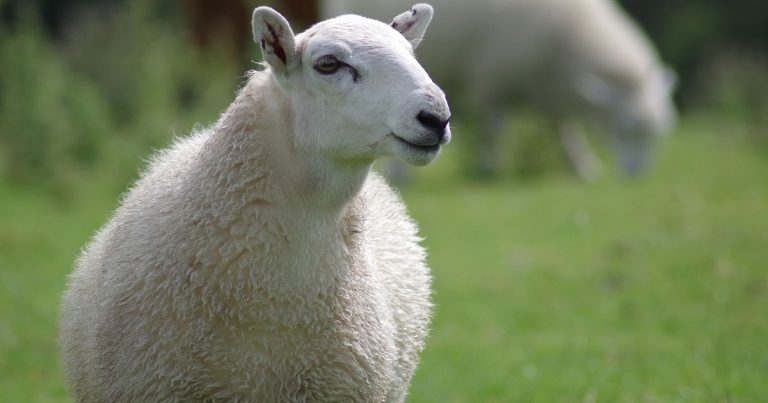30 Jul 2024
Officials believe newly available testing procedures will help to improve productivity and reduce the impact of conditions whose clinical signs can be difficult to identify.

A new project that aims to help sheep farmers identify and control key disease risks to their flocks has been launched.
The Wales Veterinary Science Centre (WVSC), based in Aberystwyth, has teamed up with the National Sheep Association’s (NSA’s) Welsh branch to examine iceberg diseases, such as Maedi Visna and Johnes.
Officials say the often mild clinical signs of such diseases can have a major impact on productivity because of the potential presence of persistent underlying infection.
WVSC director Kate Hovers said: “Iceberg diseases are so named because it is likely that the vast majority of infected stock remain hidden under the surface and that those sheep with visible signs or symptoms represent just the tip of the problem.
“By their very nature, iceberg diseases are difficult to control, and it can be very hard to identify infected animals.”
The NSA has provided a total of £60,000 in funding to enable the WVSC to carry out and validate Enferplex testing on flocks.
WVSC manager Hazel Wright said they were “delighted” to add the new service to its testing range, adding: “Data from other EU countries shows us that using Enferplex testing for iceberg diseases can lead to significant improvements in flock health and productivity; both at individual farm level and nationally.
“However, awareness and routine screening among the industry remains rather low.”
NSA Cymru development officer Helen Roberts said: “Iceberg diseases are a significant and current threat to the sheep Industry.
“Having first-class facilities to test for them is great news for the sector and will help combat the productivity and health issues that arise when these diseases have taken hold.
“These tests are an extremely important management tool and will benefit and protect the whole sheep industry going forward.”